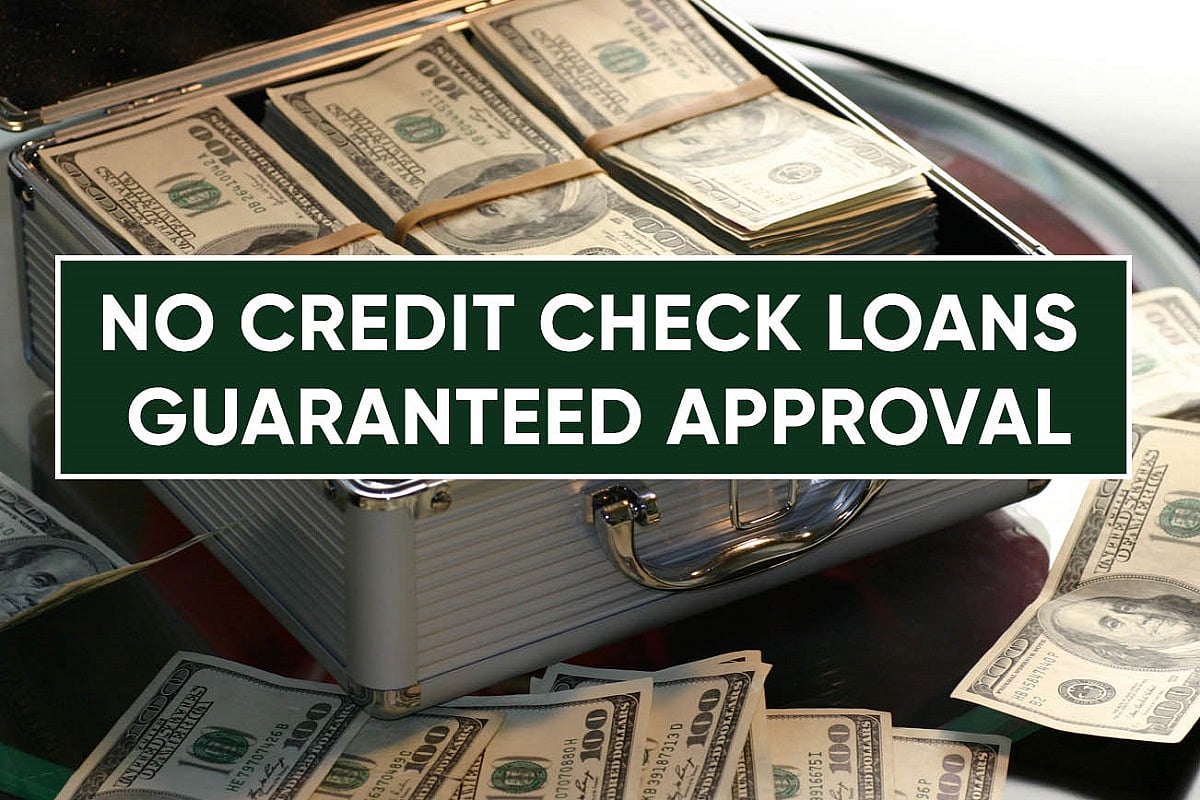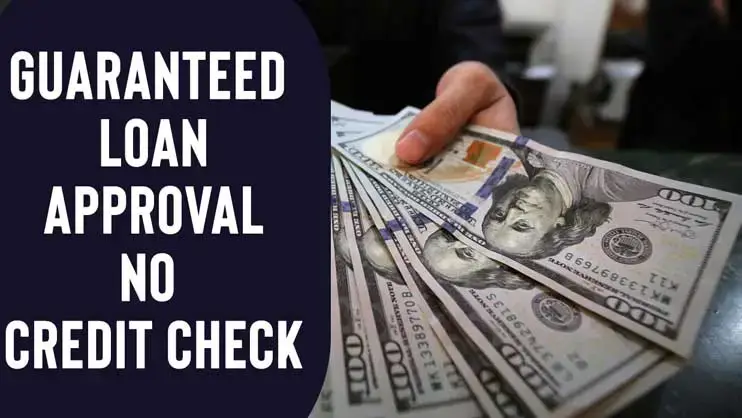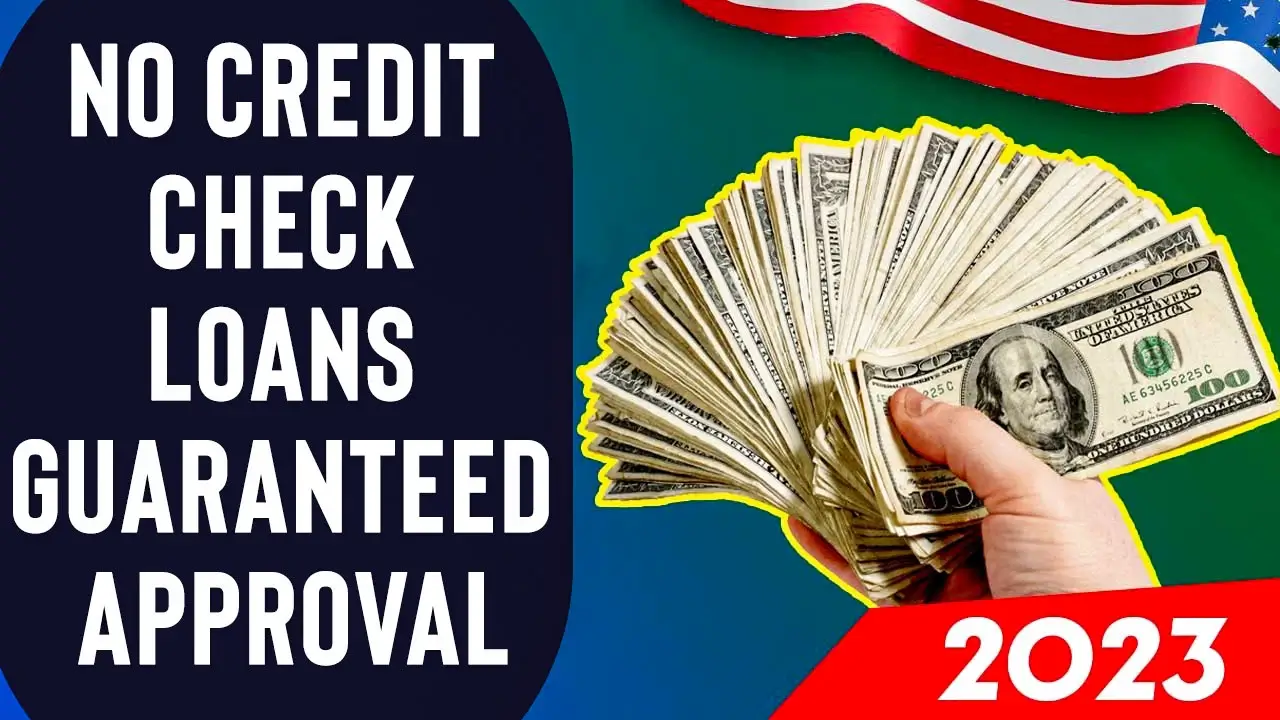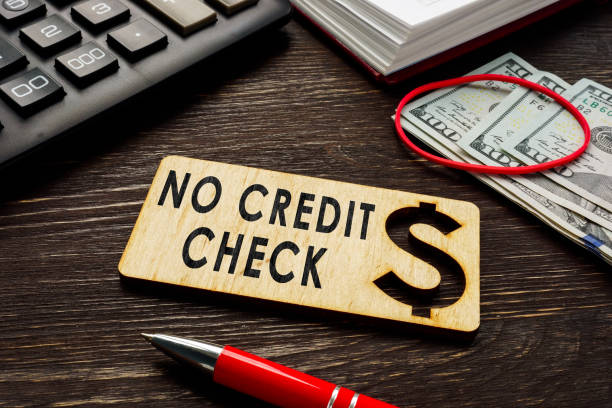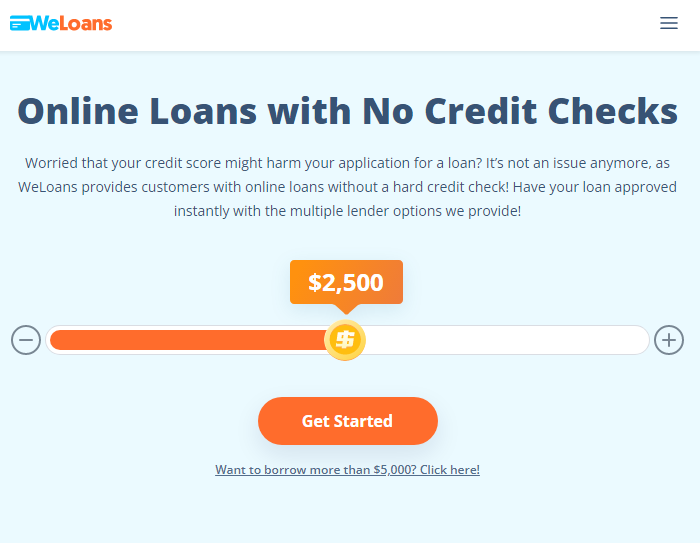Line Of Credit No Credit Check Guaranteed Approval

Consumers are urgently warned against online offers advertising guaranteed approval for lines of credit with no credit check. These predatory schemes often mask high fees and deceptive lending practices, potentially leading to severe financial hardship.
This article will explore the dangers of these "no credit check" lines of credit, the tactics used by these lenders, and resources available to consumers seeking legitimate financial assistance. The goal is to inform and protect individuals from falling victim to these scams.
The False Promise of Guaranteed Approval
Many websites and social media ads promise instant approval for lines of credit, regardless of credit history. These claims are almost always false.
Legitimate lenders assess creditworthiness to manage risk. A "no credit check" guarantee is a red flag, indicating a potentially predatory lender.
According to a 2023 report by the Federal Trade Commission (FTC), complaints related to deceptive lending practices increased by 45% compared to the previous year.
How These Scams Work
These lenders often charge exorbitant interest rates, sometimes exceeding 300% APR. They also frequently impose hidden fees, such as origination fees, maintenance fees, and prepayment penalties.
Consumers may be required to provide sensitive personal information, including their Social Security number and bank account details, which can then be used for identity theft.
Many of these companies are not licensed or regulated, operating outside of established consumer protection laws. This makes it difficult to seek legal recourse if problems arise.
Common Tactics Used
Lenders use terms like "guaranteed approval" and "no credit check" to lure in vulnerable individuals. They target people with poor credit or those facing financial emergencies.
They often demand upfront fees before any funds are disbursed. These fees are frequently non-refundable, even if the loan is ultimately denied or canceled.
These lenders may pressure consumers into borrowing more than they need, increasing their debt burden.
The Risks Involved
Taking out a "no credit check" line of credit can severely damage your financial health. High interest rates and fees can quickly spiral out of control, leading to debt accumulation.
Failure to repay the loan can result in collection calls, lawsuits, and wage garnishment. Your credit score may be further damaged, making it difficult to obtain credit in the future.
Some lenders may engage in abusive or illegal debt collection practices, such as harassment and threats.
Protecting Yourself From These Scams
Be wary of any lender that promises guaranteed approval or requires upfront fees. Always read the fine print carefully before signing any loan agreement.
Check the lender's credentials with the Better Business Bureau (BBB) and your state's attorney general's office. Verify that the lender is licensed and regulated.
Never provide your Social Security number or bank account details unless you are certain that the lender is legitimate. Compare offers from multiple lenders before making a decision.
Resources Available
The FTC offers resources on avoiding loan scams and reporting fraudulent activity. Contact them at ftc.gov or 1-877-FTC-HELP.
The Consumer Financial Protection Bureau (CFPB) provides educational materials and tools to help consumers make informed financial decisions. Visit consumerfinance.gov.
Nonprofit credit counseling agencies can provide free or low-cost advice on debt management and budgeting. Find a reputable agency through the National Foundation for Credit Counseling (NFCC) at nfcc.org.
Moving Forward
State and federal regulators are actively working to combat these predatory lending practices. Increased enforcement actions and public awareness campaigns are crucial to protect consumers.
If you believe you have been a victim of a "no credit check" loan scam, file a complaint with the FTC and your state's attorney general.
Consider seeking legal advice from an attorney experienced in consumer protection law. Document all interactions with the lender, including emails, phone calls, and loan agreements. Seek assistance immediately if you suspect fraudulent activity.




